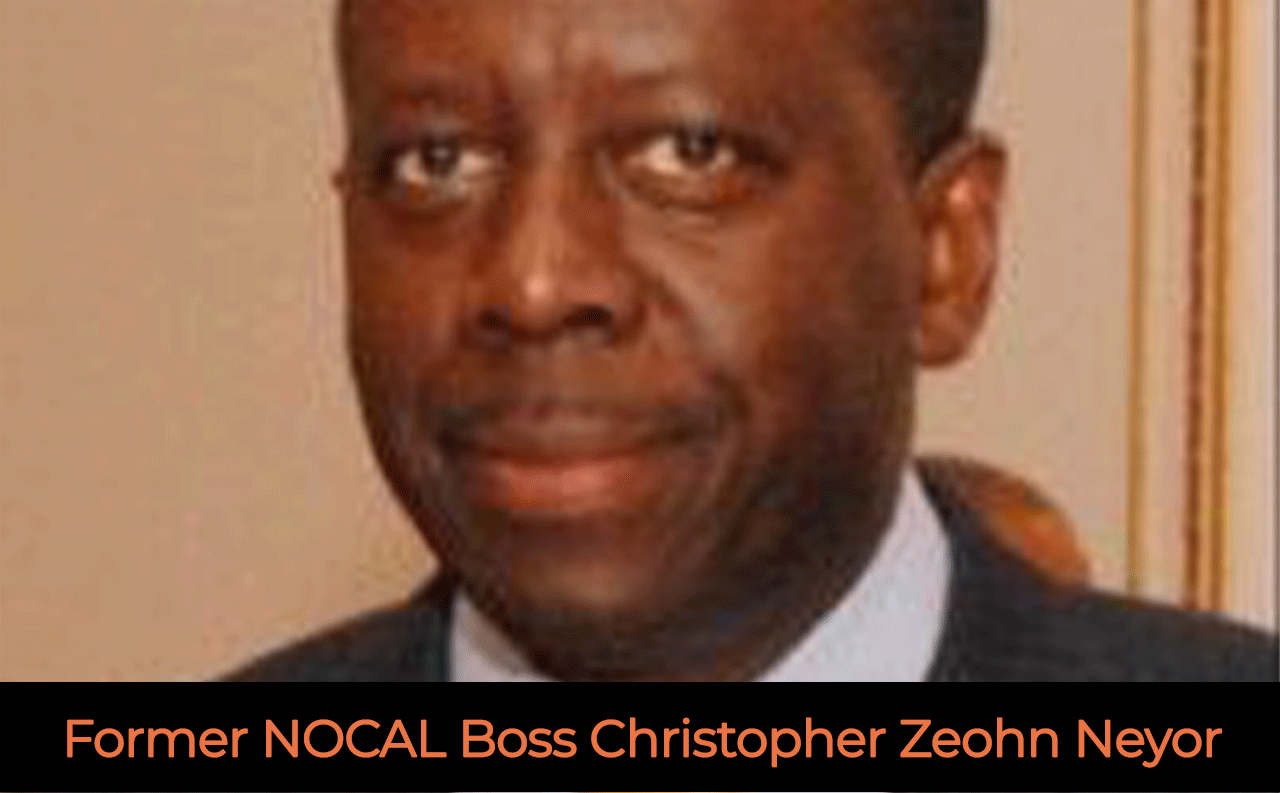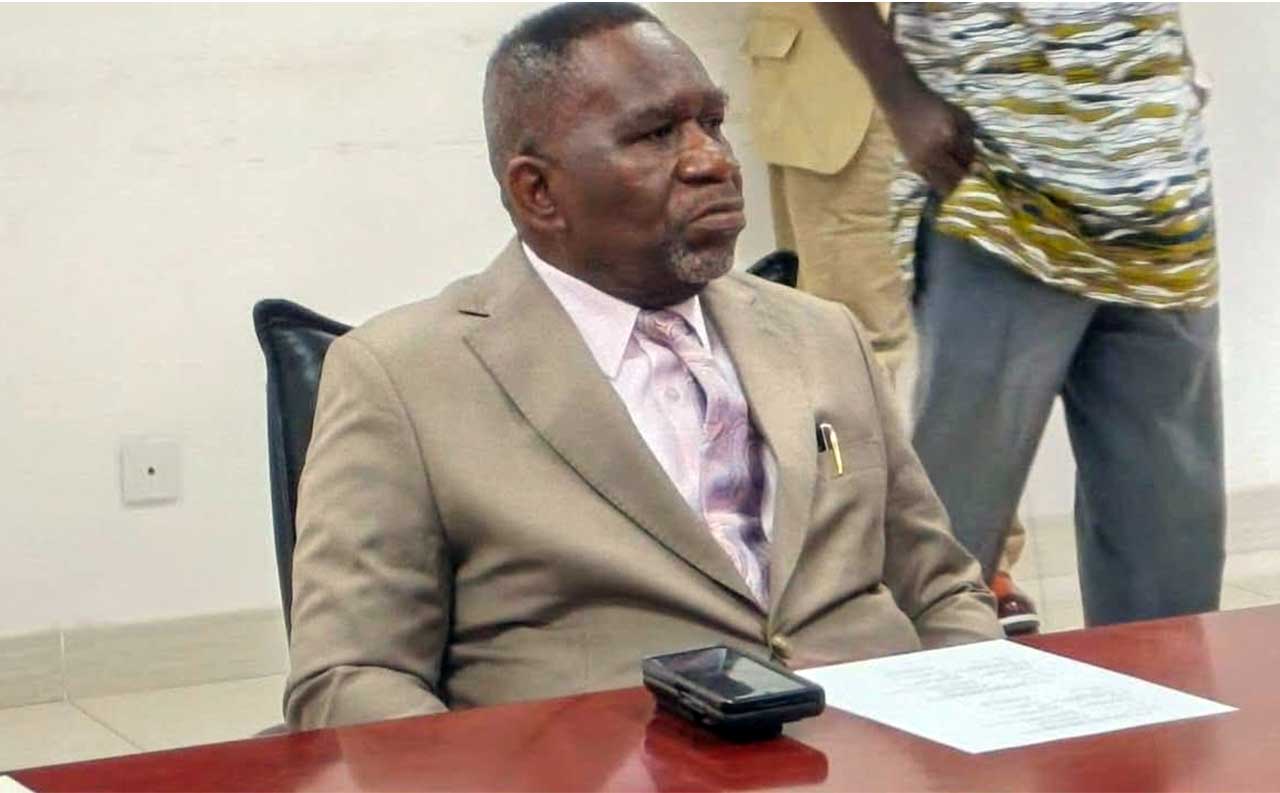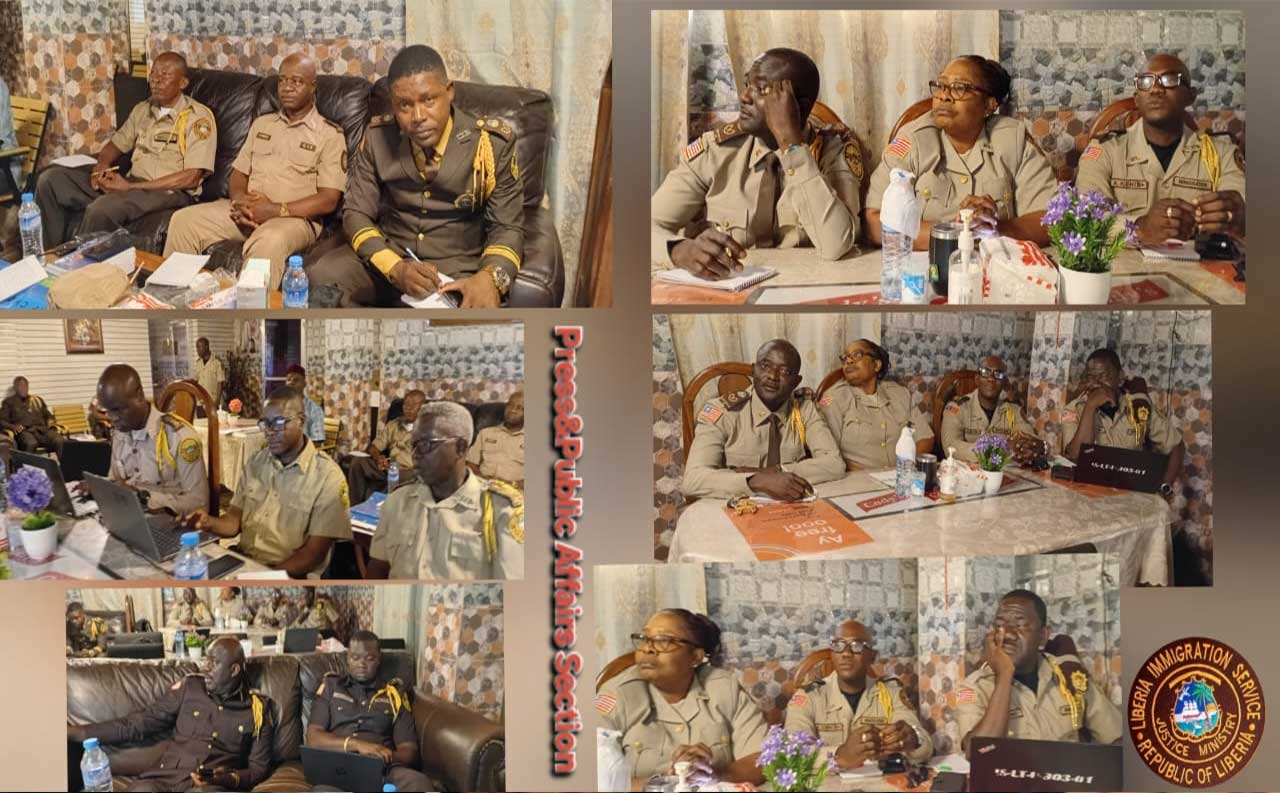Liberian energy expert Christopher Zeohn Neyor has cautioned against the misinterpretation of the Oranto-Chevron deal and the fabrication of lies and negative propaganda intended to scare away potential investors from the oil and gas sector of the country.
Mr. Neyor was a former Energy Advisor and President/Chief Executive Officer (CEO) of the National Oil Company of Liberia (NOCAL) during the administration of former Liberian President Ellen Johnson Sirleaf.
In recent times, there have been negative media reports against the presence of Prince Arthur Eze in Liberia and the manner and form in which he previously acquired the oil blocks and accumulated profits.
Eze reportedly paid the amount of US$200,000 for offshore oil blocks 11, 12 and 14 and US$10,000 as registration fee. The three oil blocks are located on the shelf and continental slope of Liberia between 0 and 3,000m of water depth covering more than 9,560km2 of area,
It had been alleged that in 2010, Eze made a huge profit after he sold the blocks to Chevron Corporation, a US multinational energy corporation engaged in oil, gas, geothermal energy industries, exploration and production, amongst others, for the amount of US$250million. He reportedly pocketed US$US200 million from the sale.
But in a statement issued in Monrovia on Wednesday, October 23, 2024, Mr. Neyor recalled that prior to purchasing, Chevron instituted a thorough investigation of how Oranto acquired the oil blocks as required by US anti-corruption laws and found no evidence of impropriety before consenting to farm into the blocks.
He disclosed that as Energy Advisor to the President at the time, he formed part of the team which negotiated the transition. According to him, the Oranto-Chevron deal was in full compliance with the US Foreign Anti-corruption Act, the FCPA.
“Chevron paid Oranto US$50 million to acquire 70% of each of Oranto’s three blocks totaling US$150 million on which they paid GOL tax. The principal of Oranto Prince Arthur Eze did not gain his current US$8 billion net worth from a US$150 deal in Liberia. Nobody knows more about the Oranto-Chevron deal than me, a transaction which occurred just before I became CEO of NOCAL.”
He continued: “Why do we badmouth and envy Africans especially from Nigeria, a country that made huge human and financial sacrifices to rescue Liberia when we were deserted during our Civil War but glorify and promote non-African business people who have exploited our country for decades?”
Mr. Neyor emphasized that there was also no provision in the Petroleum Sharing Contract (PSC) for the payment of transaction fees to NOCAL and recalled that during his tenure, he initiated Regulation 001 for a mandatory 20% transaction fee on flipped assets.
Mr. Neyor said Liberia and its citizens should not criminalize those who made “legitimate money on our national assets because we were not smart enough to have contractual safeguards to protect our interest.”
According to him, Oranto attracted Chevron and Chevron attracted ExxonMobil. Neyor disclosed that because of the US$50 million benchmark per block in the Oranto-Chevron deal, he initiated a managed divestment of Broadway/Peppercoast from block LB13 from which the GOL received US$50 million as well for the block.
He said oil exploration is a costly and risky business, and companies put tens of millions of dollars into data acquisition and improvement, geological interpretation and drilling of each well, and when the well is a dry hole or has a non-commercial trace of oil, all that money is lost.
“It costs about US$80-100 million for drilling of each well in our deep water. Our basin has been dormant for the last 8 years or so. Not one company came into the basin in the six years of the Weah administration. To restart activities in the basin requires a strategy to attract oil entities that are respected in the oil business and who can draw other players to help create critical mass in drilling operations.”
“We can discover oil or gas only when we drill and the more drilling we attract the quicker we could be to discovery”, he said.
Meanwhile, he said what is now required is for Liberia to learn from the past and strategically manage the ongoing licensing process of the sector, and preying on the ignorance of the public in this oil business to publish erroneous information about Oranto because it made millions in Liberia does no good for anyone, except those who have other agenda.
Speaking of Eze’s visit, Neyor disclosed that the prime reason for Nigerian investor’s recent two-day trip to Liberia was not to negotiate oil blocks even though oil is his mainstay.
According to him, Mr. Eze has expressed interest again in Liberia’s offshore based upon a request he (Neyor) made to him (Eze).
He said as a friend of Liberia and President Joseph Nyuma Boakai, Eze brought in the country two Chinese investors with interest in key sectors-one of which is to further explore for bauxite.
According to him, one of the investors (who he did not name) has already invested over a billion United States dollars in four African countries.
“There is nothing unethical about a President or political figure maintaining friendship with a business person. It is public record that Donald Trump and his children, Joe Biden and his son, US Senators and Representatives have millionaire and billionaire friends some of whom contribute large sums of money to their applicable campaign funds.”
Mr. Neyor maintained that the presence of a businessman at an event of a public figure with whom he or she has close friendship does not automatically translate to any acts of corruption.
The former NOCAL boss said it is also “pure wickedness to your own country that needs critical investments to stimulate the economy and create employment opportunities, especially for the youth when false or manipulated stories are published about reputable investors.” This, he said, drives investors away.



